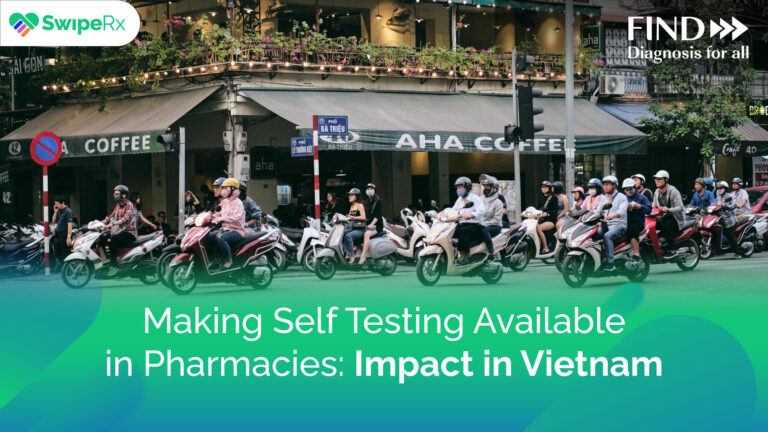There are many reasons why patients in Southeast Asia do not take their full courses of TB medications. This non-adherence causes multi-drug resistant strains of TB (MDR-TB), which poses a deadly threat to health worldwide. We must improve TB treatment adherence in Southeast Asia, where MDR-TB is rising.
In order to do that, we need to understand the barriers to treatment that patients face, which include:
1) Lack of knowledge and misinformation about treatment
When a TB patient undergoes treatment, they will start to feel better just a few weeks after starting treatment. Oftentimes, when this happens the patient wrongfully assumes that their TB is cured and that they can stop their course of treatment. Stopping a TB treatment too early contributes to the development of MDR-TB strains, which is even more dangerous to public health. It’s the responsibility of healthcare professionals to educate the public on the correct duration of treatment and what to expect while undergoing it.
mClinica’s Connect is a digital patient platform aiming to do just that by delivering health education messages to their patients that promote drug adherence. With Connect, pharmacists can also track patient prescriptions and their patients will receive text message reminders to refill their prescriptions.

2) It’s hard to find treatment
Southeast Asia is making huge efforts in the elimination of TB. Recently, the ministers of health of the WHO member countries of the Southeast Asia region committed to increasing government funding and human resources allocated to national TB programs.
Yet many countries in Southeast Asia have problems with their healthcare systems, including crowded hospitals and a lack of physicians. As a result, approximately one third of people suffering from TB are undiagnosed and untreated. Many patients seek care at private pharmacies and never enter the public system at all.
This highlights the need to develop strategies that involve communities— like mClinica’s free app for pharmacy professionals, SwipeRx. It connects over 100,000 pharmacists across Vietnam, Thailand, Indonesia, the Philippines, Malaysia, and Cambodia. Creating a community of pharmacy professionals reduces fragmentation in the healthcare system, strengthens the capacity of the pharmacy workforce by facilitating peer-to-peer education, and enhances patient access to care through referral features that link patients to free care at public facilities.
3) Treatment is expensive
Financial problems are among the most common reasons for discontinuing, or never even starting, TB treatment. Although there are affordable and free TB treatment options available across Southeast Asia, there is very little public awareness about the existence of these services.
Thus, healthcare providers should inform patients where to receive free or discounted treatments. A good example of this is mClinica’s Connect, which provides pharmaceutical company sponsored discounts to patients so that they can continue their course of treatment. Thus far, over 40,000 patients have received medication discounts in this way from their local pharmacists.
Ultimately, there are a variety of factors causing non-adherence of TB medication in Southeast Asia. Individuals who are at risk for, or already suffering from, TB are often uneducated about the duration of treatment and what to expect. Responsibility falls on both policymakers and healthcare providers to make treatment more accessible, understandable, and affordable.
You might be interested in:
The only way to end TB is to involve pharmacists
What’s really needed to improve access to healthcare in rural areas







